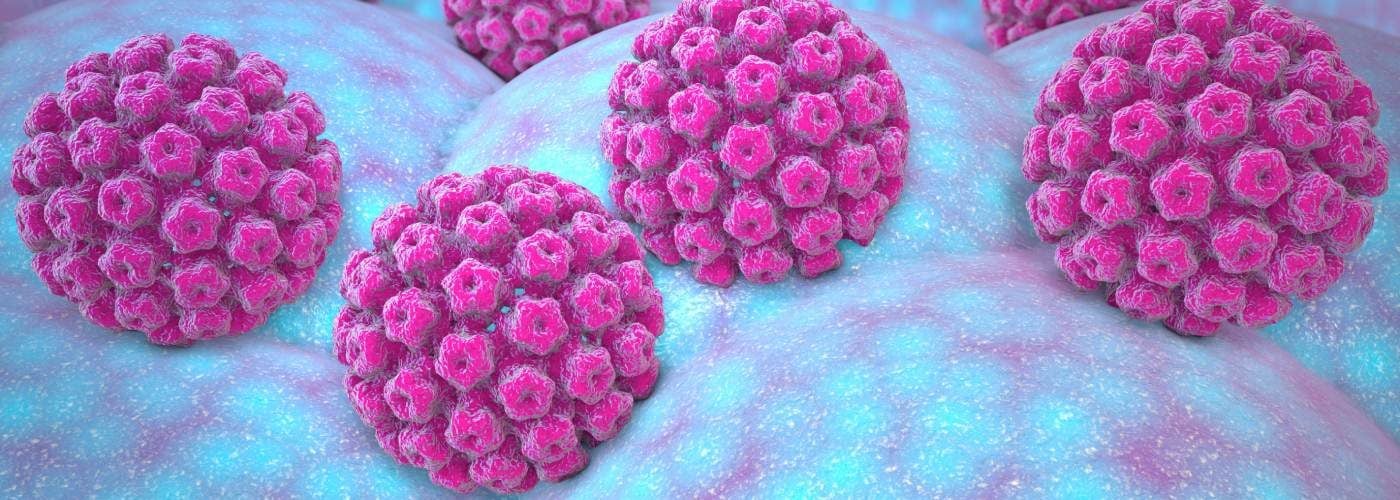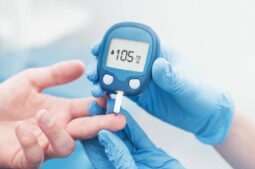
Human papillomavirus (HPV) is among the most common sexually transmitted infections (STIs), estimated to affect about 14% of the population. According to data from the Ministry of Health, its prevalence increases to 29% among young women aged 18 to 25. However, HPV can affect both women and men and have consequences for the fertility of both, especially when it coexists with chlamydia. On World Sexual Health Day, we asked Dr. Javier Martínez Guisasola, director of IVI Burgos, to talk to us about the relationship between HPV and fertility.
HPV and fertility issues
From our first sexual encounter, we are all exposed to the virus from the Papillomaviridae family, commonly known as HPV. There are more than 150 genotypes of this virus, and it can cause warts or high-grade lesions. More seriously, it can also lead to cervical cancer, primarily due to strains or serotypes 16 and 18, which are responsible for 70% of cervical cancer cases.
It is estimated that around 80% of sexually active women will come into contact with at least one subtype of HPV during their lifetime. In most cases, these infections are temporary. They resolve spontaneously over a variable period of time. However, HPV can remain inactive or silent for quite a while. This varies depending on the individual case, and may manifest even years after the initial contact.
Can you have children with HPV ?
Many women come to the clinic concerned about whether this infection might affect their ability to conceive and carry a pregnancy to term. It’s important to clarify that HPV alone does not cause infertility. Some studies suggest that only when it coexists with chlamydia does the risk of sterility increase. We also observe a higher risk of miscarriage. HPV on its own makes it more difficult or even impossible for the embryo to implant in the uterus due to the aftermath of surgical treatments. This includes the removal of part of the cervix or the entire uterus, or local radiotherapy, all of which may be necessary in more severe cases.
When HPV coexists with another STI, it can lead to tubal infertility due to blockage of the fallopian tubes. This blockage prevents the eggs from traveling from the ovaries. It therefore makes it impossible for the egg to be fertilized by sperm and thus forming an embryo.
Additionally, pregnant women infected with HPV can transmit it to the newborn during vaginal delivery. Although this could cause a persistent respiratory infection (oropharyngeal papillomatosis), this is a very rare occurrence.
HPV and male fertility
Regarding men, recent European figures published in The Lancet indicate that 31% of sexually active men carry this virus. Also 21% are infected with high-risk HPV. Just as women are at greater risk of developing cervical cancer, men are more likely to develop certain types of cancer, such as penile, foreskin, anal, and throat cancers, also associated with HPV serotypes 16 and 18.
As for male fertility, HPV can cause low sperm motility, impairing the free movement of sperm and directly affecting the chances of pregnancy. Additionally, HPV can also impact semen quality or lead to DNA fragmentation. If the female partner has also experienced a similar infection, the chances of fertility issues when trying to conceive increase significantly.
In terms of prevention, considering that HPV can be transmitted orally, vaginally, or anally, and although condom use is always recommended to prevent various STIs, including HPV, there have been cases of HPV infection even with condom use. Therefore, the most effective measure today is the HPV vaccine for both sexes. Women have an advantage when it comes to early detection through screening tests to determine the presence or absence of HPV and its serotypes. So is established in the national cervical cancer screening program, or it was done until recently, through a Pap smear to detect any suspicious cellular changes and clarify which HPV genotype or strain is present. These test allow for appropriate therapeutic measures to be taken and thus preventing any direct impact on fertility or the ability to carry a pregnancy to term without complications.
In IVI, we can help you if you’re having difficulty getting pregnant due to an HPV infection. Fill out the form below, and our team will contact you to schedule a first appointment.





Comments are closed here.